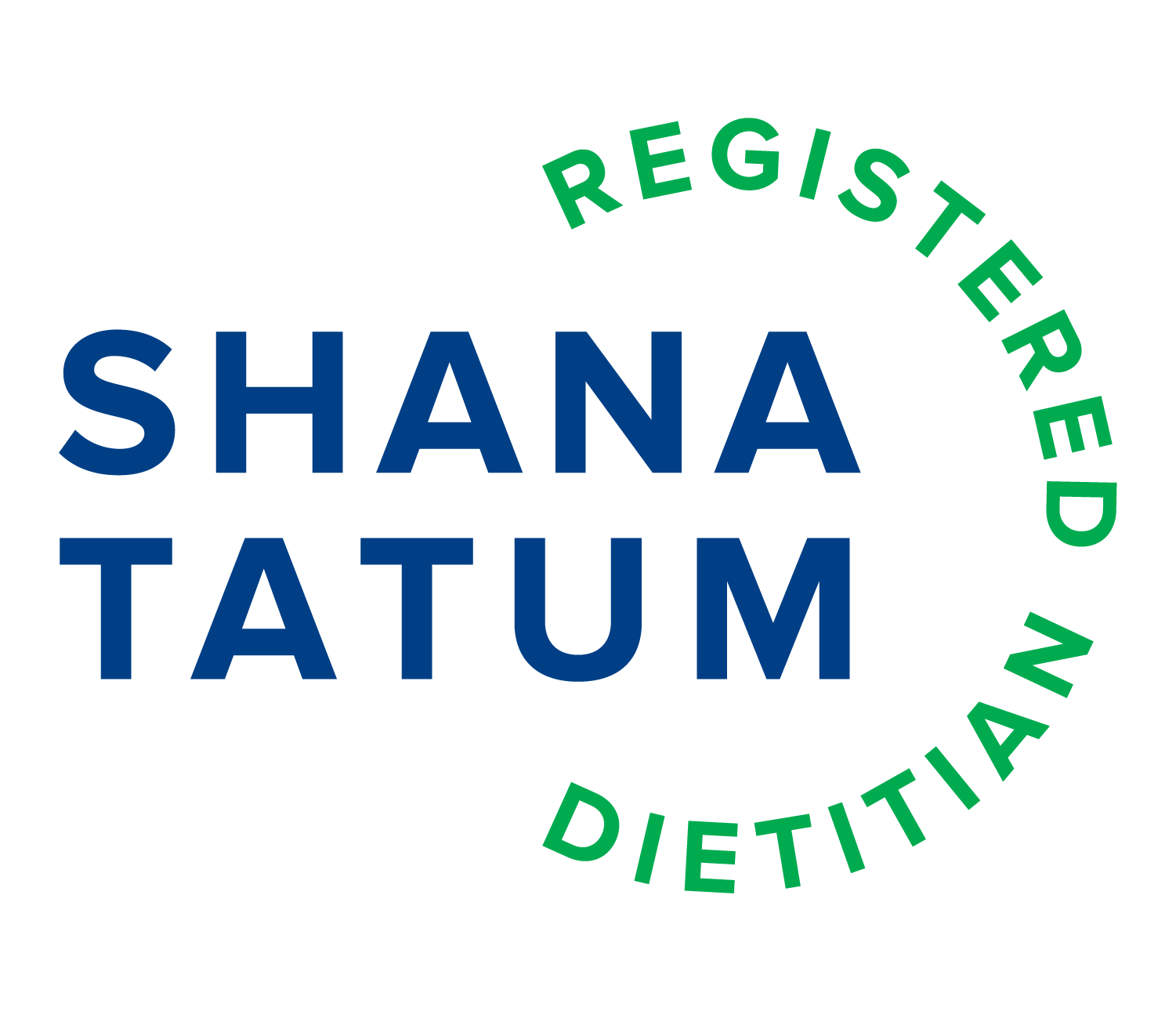Stress and Intestinal Health
Photo by Cottonbro Studio
Stress today is found everywhere and likely you have read just about every article on stress in the last three months during this pandemic. Even I, who follow good nutrition advice, have seen the effects of stress on my health. A recent follow-up showed my cortisol stress hormones, as below normal, almost indicating fatigue. The adrenal glands are having trouble keeping up with the amount of stress I am perceiving (key word- perceiving). Additionally, stool results indicate this stress is also affecting my intestinal health. Opportunistic bacteria at higher levels cause inflammation to rise, create changes in chemical signaling and reduce enzymatic activity. Just as I would advise a patient, the seat of health lies in the gut.
The intestinal tract begins in the mouth and includes the esophagus, the stomach, the small intestines, the colon and down to the anus. It also includes the accessory organs of the liver, the pancreas and the gallbladder. All along the way, these intestinal cells secrete enzymes, digest food, absorb nutrients, create neurotransmitters, and protect us from microbial infection and pathogens. Microflora are more abundant in the colon than in any other part of the GI tract. More than 400 different strains of bacteria and yeast have been identified from human samples.
Scientists have been researching gut health for years but are more recently learning how important it is to human health. Gut microbes synthesize vitamins such as vitamin K, biotin, B12 and folic acid. Many of the B vitamins are necessary cofactors for the creation of neurotransmitters, the brain chemical messengers like serotonin and dopamine. Without these or when imbalanced, anxiety and depression can present. Research is demonstrating how the gut-brain connection is highly affected by stress and the chemistry it creates.
Stress can be a player in many intestinal conditions. Irritable Bowel Syndrome (IBS), Inflammatory Bowel Disease (IBD), food sensitivities, peptic ulcer and Gastroesophageal reflux disease (GERD) to name a few. Stress can change motility, gastrointestinal secretions, increase intestinal permeability (leaky gut) and affect the regeneration of intestinal cells. Symptoms that may appear include changes in bowel habits, fatigue, skin rashes, lack of concentration or brain fog as well as insomnia.
To improve gut health include regular fiber intake every day. The Recommended Daily Allowance (RDA) of fiber is 25g for women and 38g for men. Eating fruits and vegetables (organic when possible) with skin and peeling has great benefit for our gut microbiome. Fiber can also be found in oats, beans and legumes, nuts and seeds. Avoiding processed foods high in industrial seed oils such as vegetable oil, safflower oil, canola oil, cottonseed and soybean oil is an important step. These oils oxidize, are unstable and can result in inflammation. Balanced protein intake also supports intestinal cell health, as amino acids provide key fuel for the lining of the gut. Approximately 0.6-1.0g protein per kg of body weight is recommended for the average person.
Lifestyle factors that reduce the effect of stress on intestinal health include exercise and sleep. Both have a large impact on supporting good gut health. Setting regular sleep and wake times, planning some form of daily movement and finding a calm reflective practice are all good investments in your health. These can shift the response from the sympathetic nervous system of “Fight or Flight” to the parasympathetic nervous system of “Rest and Digest”.
The odds are low to escape all the stress in our modern world. For most people who juggle families or have a job on the brink with the downturn of the economy or may be caring for aging parents stress is likely here to stay. By including fiber, balanced protein and limiting highly processed oils in your diet, these choices may help maintain intestinal health in the face of stress. For my own health, in addition to my nutrition, I commit to further focus in the parasympathetic state of “Rest and Digest” through more contemplative practice, better sleep and maintaining movement on a daily basis. Will you join me in this?
Tip!
Here are a few foods that are naturally high in fiber:
1 large pear with skin (7 grams)
1 cup fresh raspberries (8 grams)
½ medium avocado (5 grams)
1 ounce almonds (3.5 grams)
½ cup cooked black beans (7.5 grams)
3 cups air-popped popcorn (3.6 grams)
1 cup cooked pearled barley (6 grams)

